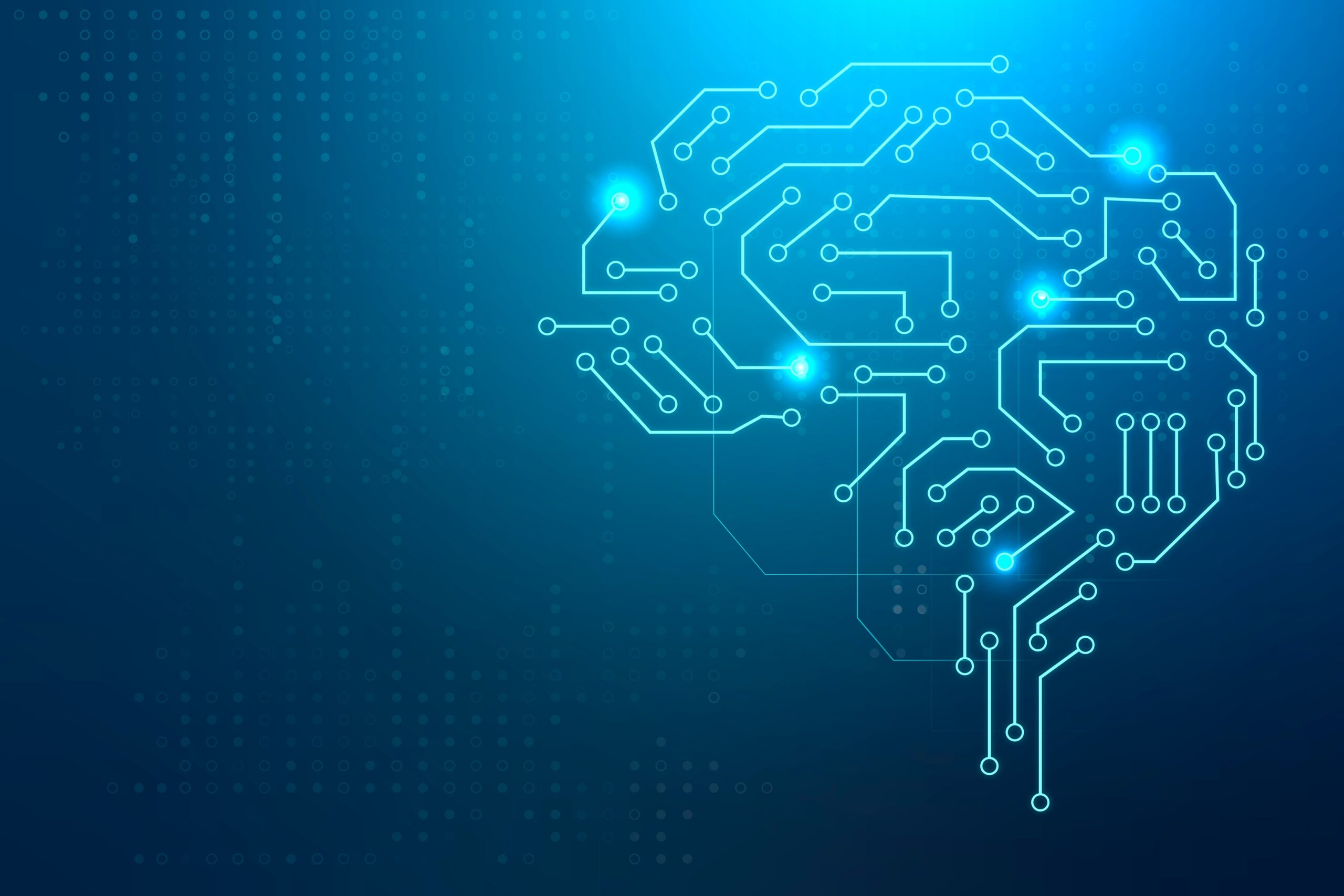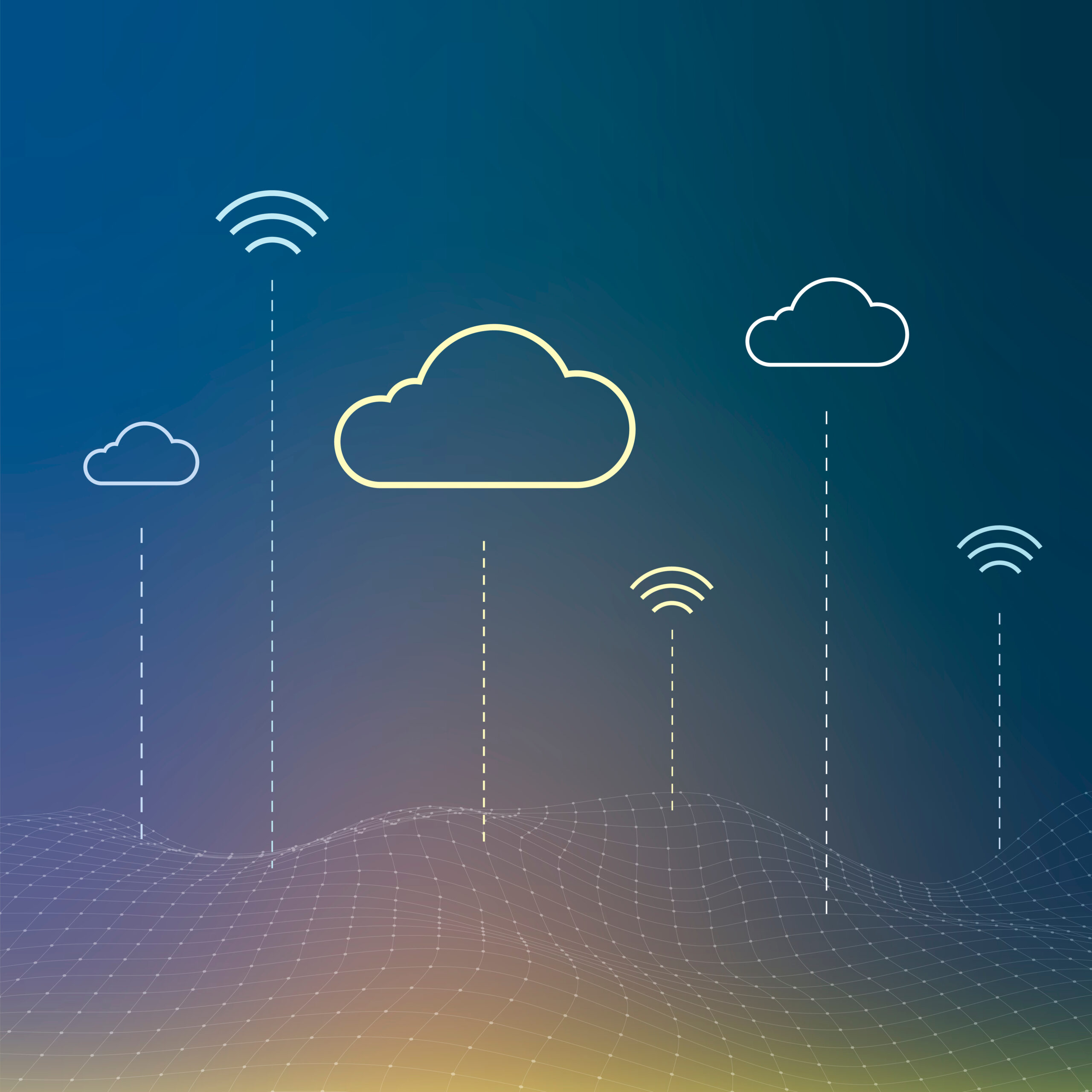
How Machine Learning Is Revolutionizing Discovery in Science & Medicine
From early disease prediction to accelerating drug discovery, machine learning is transforming how scientists explore the universe, understand biology, and solve complex challenges.
A New Era of Scientific Exploration
We are entering what many call a golden age of discovery — not only because we know more than ever, but because machine learning is radically changing the way scientific research is conducted. In fields like biology, chemistry, and even astronomy, AI is unlocking insights at speeds never seen before, reshaping both the questions we ask and the tools we use to answer them.
From Data Overload to Discovery
Traditional science was once driven by slow, meticulous experimentation and manually designed algorithms. Today, that landscape has shifted. With terabytes of data pouring in from telescopes, genome sequencers, and simulations, the scale has outpaced human capacity.
Some experts even suggest that machine learning may one day make conventional disease as we know it obsolete.
Milestones in AI-Powered Science
Two major AI events triggered this transformation:
ImageNet Challenge (2012) – A deep learning system called AlexNet outperformed all previous image recognition models, proving that machines could learn without manually coded instructions.
AlphaGo (2016) – DeepMind’s reinforcement learning model stunned the world by defeating Go champion Lee Sedol using strategies never seen before, demonstrating the creative potential of AI.
These breakthroughs sparked a surge in applying machine learning across all scientific disciplines.
Real-World Applications
AlphaFold2 by DeepMind solved the long-standing protein folding problem, allowing scientists to predict protein structures in seconds — a process that previously took months. This has revolutionized how researchers design drugs and study diseases.
Genomics, physics, astronomy, and materials science are now using AI to discover patterns that would be impossible to identify manually.
Thanks to open-source platforms like TensorFlow and PyTorch, combined with free educational resources, machine learning has become widely accessible — empowering researchers and students worldwide.
Will Machines Replace Scientists?
Not yet. Human creativity, intuition, and the ability to ask meaningful questions remain irreplaceable. While AI is excellent at identifying trends and patterns, interpreting them and forming new hypotheses still requires the human touch.
However, the future may bring AI systems capable of reading research papers, generating hypotheses, running experiments, and even publishing findings — evolving into a kind of “full-stack scientist.”
The Future Is Collaborative
Rather than replacing scientists, machine learning is amplifying their efforts — accelerating discovery, expanding our reach, and revealing possibilities we hadn’t imagined. As more scientific disciplines adopt AI, the frontier of discovery will be limited not by computation, but by imagination.


